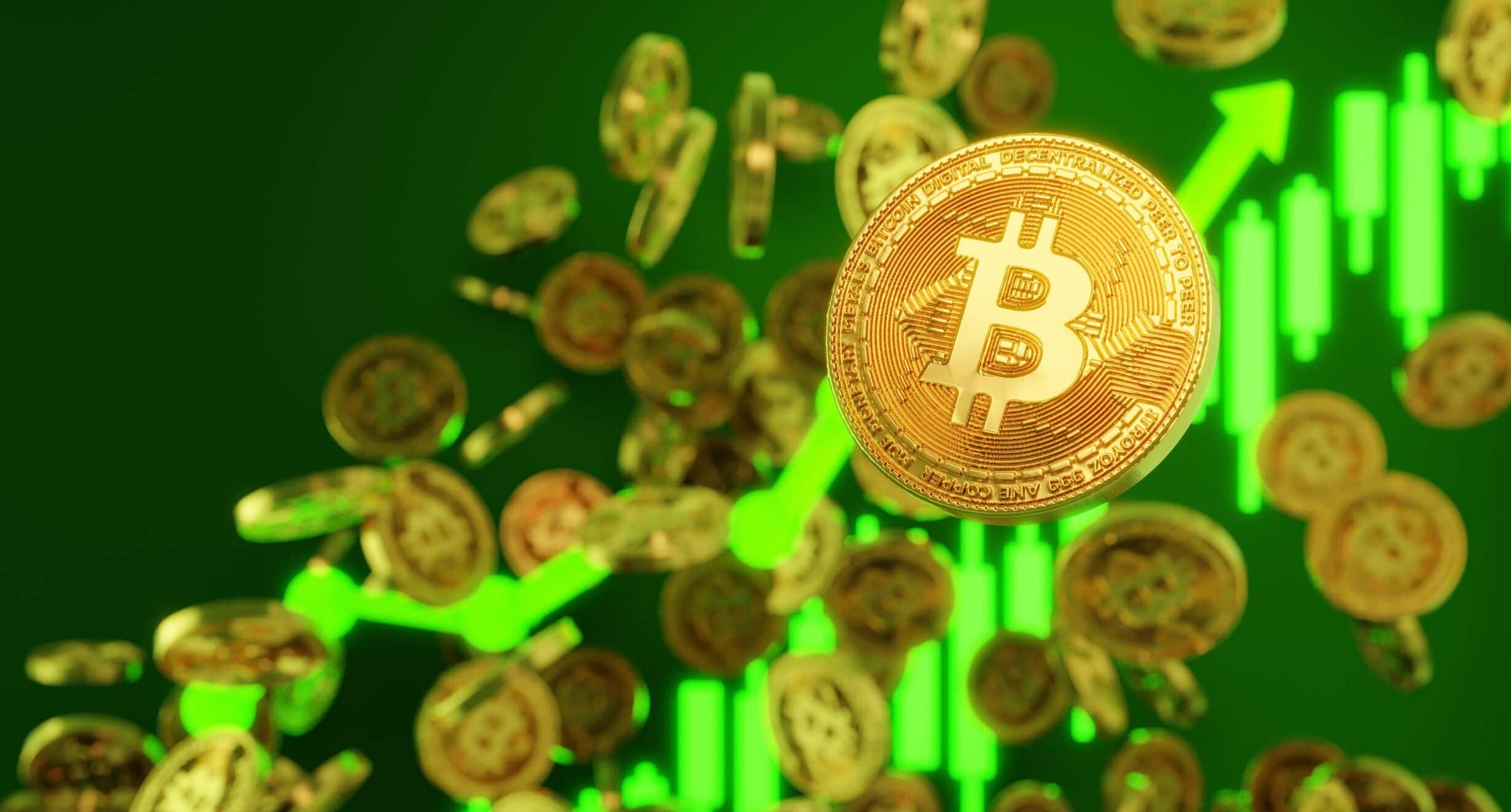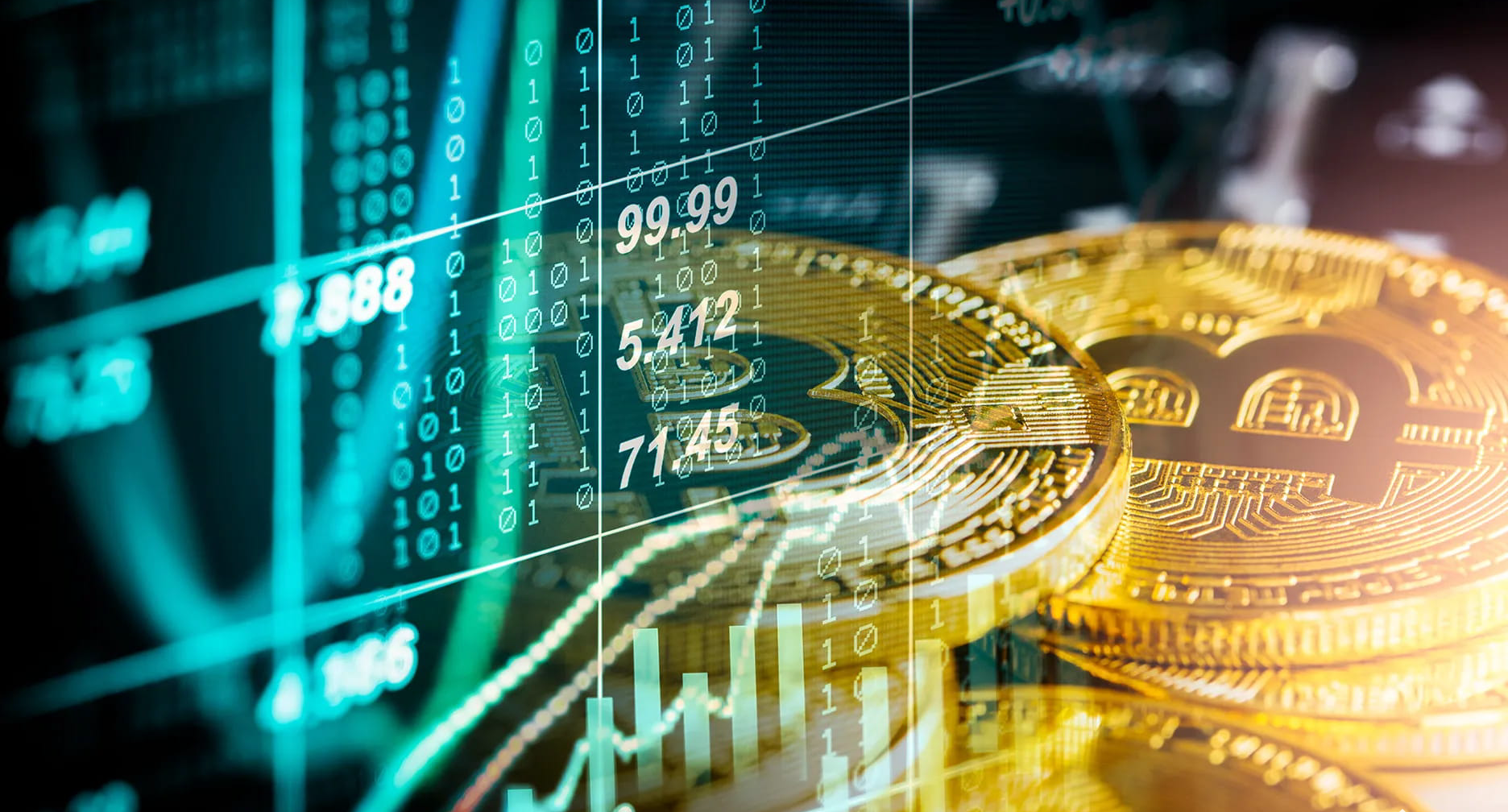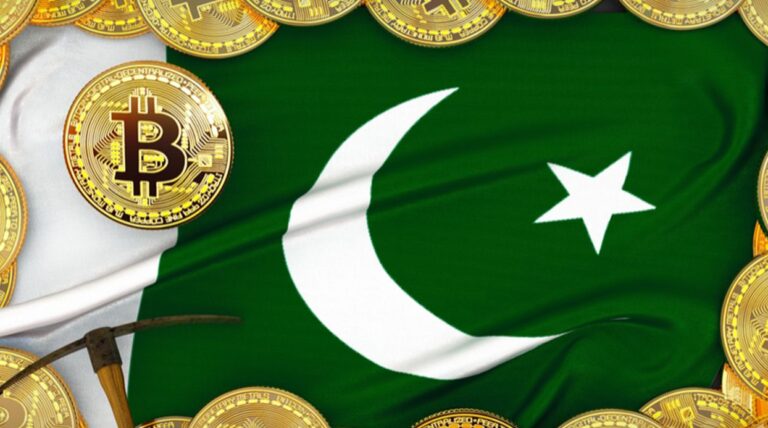Pakistan made a courageous and unusual move by showing its Bitcoin reserve plan to Donald Trump’s crypto advisory team during a high-profile meeting at the White House. The meeting, which was closed to the public, was reportedly about integrating cryptocurrencies globally and diversifying national reserves. It is a turning point for Pakistan’s economy and finances. Pakistan wants to join El Salvador, the UAE, and Singapore in the fast-growing digital asset race with its diplomatic crypto move.
U.S, Pakistan Bitcoin Summit
The Roosevelt Room meeting featured senior members of Trump’s economic advisory group, blockchain specialists, and Pakistani banking officials. Insiders said Stephen Moore, a former White House economic advisor, David Bailey, who leads Trump’s digital finance strategy, and top officials from Pakistan’s Ministry of Finance and the State Bank of Pakistan (SBP) were present. Residents stated that the biggest concern, as the currency depreciates, is accumulating Bitcoin reserves to hedge inflation and diversify Pakistan’s assets.
The two countries discussed blockchain infrastructure, cryptocurrency mining technology transfer, and stablecoin rules at the summit. In a stunning turn, Trump’s staff complimented Pakistan’s crypto-friendliness and digital economic possibilities.
Pakistan Turns to Bitcoin Economic Struggles
Several economic factors have led to the decision to provide a Bitcoin reserve strategy today. Pakistan faces inflation, a depreciating currency, and a liquidity crisis stemming from mounting foreign debt and dwindling dollar reserves. Bitcoin is a decentralised digital asset that preserves its value and may be exchanged globally.
Pakistan wants to stabilise its currency and attract cryptocurrency-based foreign direct investment by adding Bitcoin to its reserves, like El Salvador’s Bitcoin legal tender law, which gained worldwide attention and investment despite objections from the IMF and other entities.

Shamshad Akhtar, Pakistan’s finance minister, is believed to have originated the idea for a Bitcoin reserve. She recently emphasised the necessity of diverse currency reserves and how central banks will someday hold digital assets.
Trump Backs Pakistan’s Bitcoin Move
As the global cryptocurrency market enters a new bull cycle, Trump’s crypto advisory network, which has become more active in shaping post-presidency fintech policy, has gained increased relevance. This organisation has aggressively promoted national Bitcoin adoption models and provided strategic advice to several developing countries.
Their backing for Pakistan shows that the U.S. is more involved in crypto policy, even though it’s not in government. Trump has gone from doubting Bitcoin to seeing it as a financial tool for strategic autonomy, particularly in opposing China’s digital yuan.
Pakistan is currently on a route that includes both Western involvement and decentralised financial mechanisms. This is because it knows that tensions are escalating in the area and that it is economically dependent on China and the IMF. Trump’s staff may offer advice on topics such as safe storage solutions, mining regulations, and the application of blockchain technology in public finance.
Pakistan Builds Bitcoin Framework
Pakistan’s aim for Bitcoin goes beyond just buying reserves. It entails building up the infrastructure in three main areas: mining, custody, and regulatory monitoring.
The northern parts of Pakistan, including Gilgit-Baltistan and Khyber Pakhtunkhwa, offer considerable potential for hydropower development. The government is exploring public-private partnerships to develop green Bitcoin mining farms that utilise surplus power. This could make Pakistan a regional crypto mining hotspot, similar to Iran’s government-approved model.
Pakistan is reportedly in negotiations with U.S.-based custodians and cold wallet providers to ensure that its digital assets are stored securely. Fireblocks and Anchorage Digital are two blockchain security companies that have been mentioned as possible collaborators.
Pakistan is developing a comprehensive set of cryptocurrency regulations in collaboration with the Securities and Exchange Commission of Pakistan (SECP). The goal is to clarify how to classify digital assets, pay taxes on them, and comply with anti-money laundering rules. This effort to introduce new laws aligns with the FATF’s vision for crypto transparency, and it may help Pakistan remain off the grey list for good.
Pakistan’s Bitcoin Move Impacts Region and Politics
Pakistan’s announcement will have effects that extend beyond its borders. It tells the rest of the Islamic world and South Asia that digital currencies are not just speculative investments, but also tools for protecting national sovereignty and strengthening economies.

Pakistan’s admission into the Bitcoin reserve ecosystem demonstrates the potential for countries to utilise Bitcoin as a currency. It also enables regional states to participate in blockchain initiatives, including those with the UAE, a hub for crypto innovation.
Additionally, it’s more complicated since Pakistan is discussing Bitcoin with Trump’s team rather than Biden’s people. Backchannel diplomacy and partisan crypto policy may become permanent features of U.S. elections. Pakistan’s move may fuel debate, as Trump’s re-election campaign has prioritised digital assets.
Reactions to Pakistan’s Bitcoin Plan
Industry analysts and Bitcoin advocates have welcomed mainly Pakistan’s announcement. MicroStrategy’s Michael Saylor tweeted, “Pakistan’s strategic Bitcoin initiative could inspire other developing nations.” Binance CEO Changpeng Zhao (also known as CZ) urged South Asian cooperation on crypto education and adoption.
However, critics have raised questions about Pakistan’s political stability, technological readiness, and the risk of centralised misuse of decentralised finance tools. Human rights groups have cautioned against authoritarian misuse of blockchain surveillance technologies. Despite these concerns, Pakistan’s proactive step toward crypto legitimacy stands as a powerful statement of intent in a fragmented and cautious global regulatory landscape.
Pakistan’s Bitcoin Plan Soon
Pakistan will likely write a white paper on Bitcoin reserves in the next few months. It will likely include items such as acquisition goals, infrastructure schedules, security measures, and relationships with other institutions. The State Bank of Pakistan may also test stablecoins for cross-border remittances, which account for over 8% of the country’s GDP.
As global interest grows, bitcoin treasuries, crypto VCs, and decentralised financial platforms may invest in the nation to acquire market share through regulatory arbitrage. Pakistan may remain independent and decentralised during this ambitious change, which requires global governance and collaboration.

